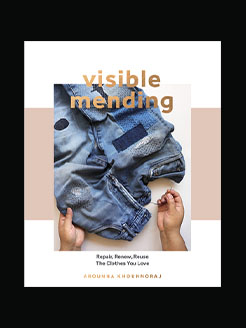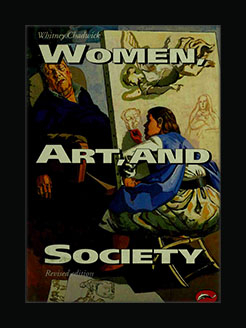Published in 2024 (first published 2020)
224 pages
Stephanie Haerdle is the author of Not Being Afraid Is Our Job! Circus Riders, Animal Tamers and Other Female Circus Performers and Spritzen: Geschichte der weiblichen Ejakulation (the German edition of Juice, first published in 2020).
Elisabeth (Liz) Lauffer is a German-English literary translator based in the US. In 2014, she won the Gutekunst Prize for Emerging Translators. Her other translations include The Art of Naming by Michael Ohl and The Radical Fool of Capitalism by Christian Welzbacher (both MIT Press).
What is this book about?
The fascinating, little-known history of female sex fluids through the millennia.
For over 2000 years, vulval sex fluids were understood to be a natural part of female pleasure, only to become disputed or categorically erased in the twentieth century. Today what do we really know about female ejaculation and squirting? What does the research show, and why are so many details unknown? In Juice, Stephanie Haerdle investigates the cultural history of female genital effluence across the globe and searches for answers as to why female ejaculation—which, according to some reports, is experienced by up to 69 percent of all women and those who have vulvas upon climaxing—has been banished to the margins as just another male sex fantasy.
Haerdle charts female juices from the earliest explanations in the erotic writings of China and India, to interpretations of the fluids by physicians, philosophers, and poets in the Middle Ages and early modern period, to their denial, contestation, and suppression in late nineteenth-century Europe. As she shows, the history of ejaculation and squirting is a history of women, their desires, and the worship and denigration of the female body, as well as the cultural concepts of pleasure, sexuality, procreation, the body, masculinity, and femininity. By examining the fantasies and fears that have long accompanied them, Juice restores female gushes to their rightful place in our collective understanding so that they can once again be recognized, named, and experienced.







